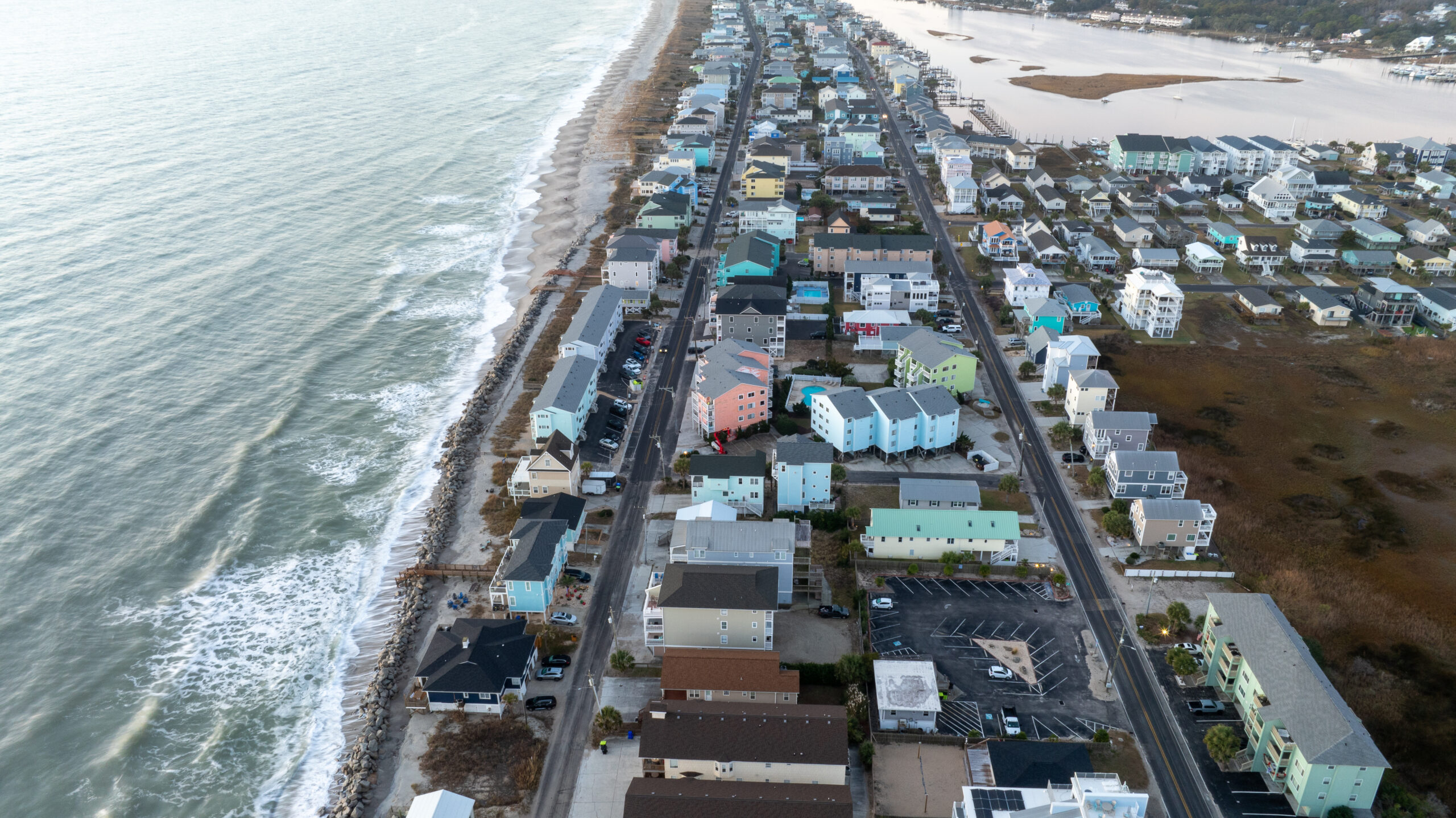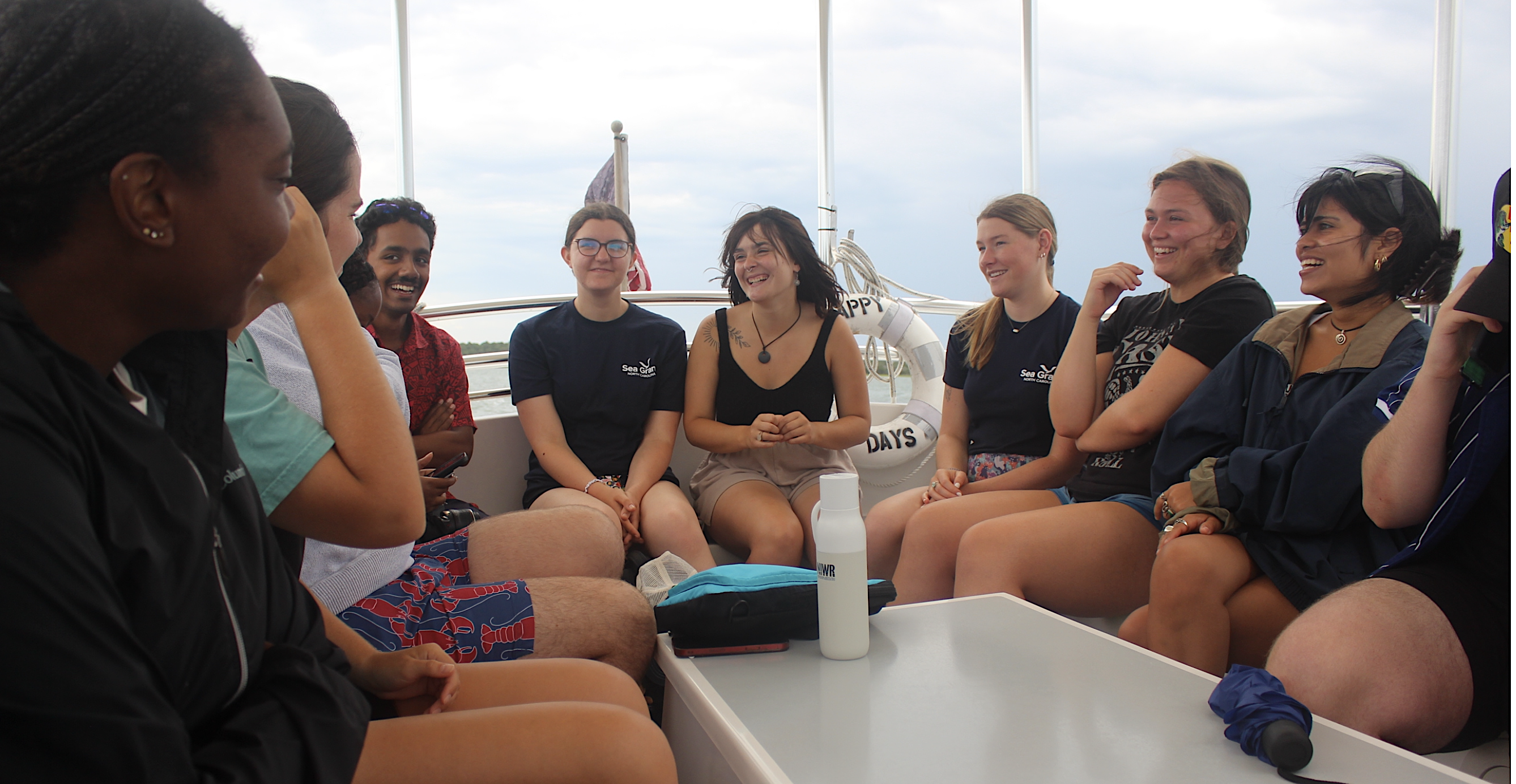Graduate Student Funding Available Now for Interdisciplinary Research

North Carolina Space Grant and North Carolina Sea Grant are offering a joint funding opportunity for graduate student interdisciplinary research. Full-time graduate students at colleges and universities in North Carolina are eligible to apply for the $10,000 award.
Applications are due April 8, 2024.
The proposed research must address one of the following broad focus areas:
- Sediment Budgets
- Erosion
- Habitat transformations and the resultant impact on the wildlife
- Management Response as it relates to developing mechanisms, methods and/or tools to help natural resource managers make optimal decisions
“This research topic is timely because coastal North Carolina is extremely vulnerable to the loss of sediment and the resulting impact to habitats and wildlife,” says John Fear, deputy director of North Carolina Sea Grant. “The state needs new information and approaches to help generate mitigation and adaptation responses.”
As part of the research process, the fellow must use measurement instruments or remote-sensing data sources from NASA, NOAA or other sources. Examples of instruments and data sources include radiometers, satellite sensors, LIDAR, aerial imagery, or data collected from unmanned aerial vehicles, and more.
North Carolina Sea Grant and North Carolina Space Grant strongly encourage proposals from graduate students at historically black colleges and universities (HBCUs) and minority serving institutions (MSIs) and/or from traditionally underserved and underrepresented communities, as well as from graduate students who can demonstrate how their work and related outreach will benefit underserved and underrepresented communities.
The selected fellow will present at the 2025 NC Space Grant symposium.
Regional Approach
North Carolina Space and Sea Grants also are collaborating with Louisiana’s Space and Sea Grants to highlight this research topic in both states concurrently. The partners hope this collaboration creates synergies and additional understanding of the problem.
“This opportunity is unique in that it leverages NASA and NOAA resources to create a transregional effort that will provide unique opportunities for the students and valuable information for each state,” says Sandy Canfield, assistant director of North Carolina Space Grant. “Additionally, NASA has an extensive suite of data and tools students can use as part of the research process. The agency’s earth-observing satellites and missions will prove to be important assets.”


